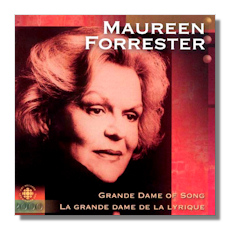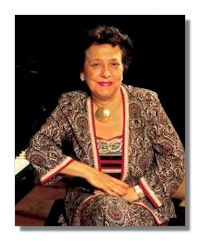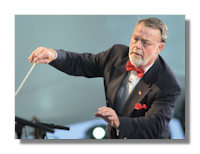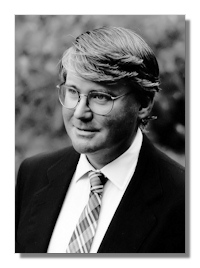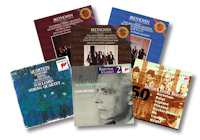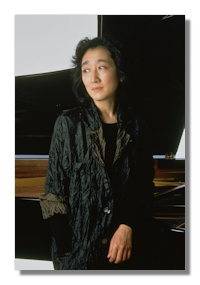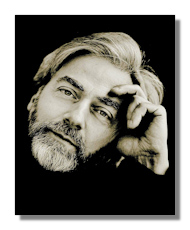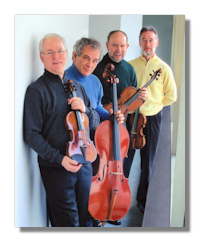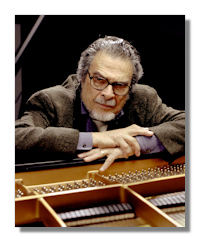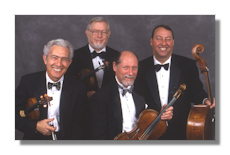Works include the Complete String Quartets of Beethoven and Bartók; Quartets by Debussy, Ravel and Dutilleux; and Collaborations with Legendary Musicians
The Juilliard String Quartet is internationally renowned and admired for performances characterized by clarity of structure, beauty of sound, purity of line and an extraordinary unanimity of purpose. Celebrated for its performances of works by composers as diverse as Beethoven, Schubert, Bartók and Elliott Carter, it has long been recognized as the quintessential American string quartet. Sony Classical has announced that its catalog of recordings by the Juilliard String Quartet is being made available for download. The Quartet has been associated with Sony since the ensemble's inception in 1946.
The releases are as follows:
- Bartók: String Quartets Nos. 1-6
- Beethoven: The Early String Quartets (Op. 18, Nos. 1-6)
- Beethoven: The Middle String Quartets (Op. 59, Nos. 1-3; Opp. 74 & 95)
- Beethoven: The Late String Quartets (Opp. 127, 130, 131, 132, 133 and 135)
- Debussy/Ravel/Dutilleux: String Quartets
- Great Collaborations
The Great Collaborations release includes Dvořák's Piano Quintet with Rudolf Firkušný, piano; Barber's Dover Beach with Dietrich Fischer-Dieskau, baritone; Schoenberg's Verklärte Nacht with Walter Trampler, viola, and Yo-Yo Ma, cello; Schumann's Piano Quintet with Leonard Bernstein, piano; Copland's Sextet for Clarinet, Piano and Strings with Aaron Copland, piano, and Harold Wright, clarinet; and Franck's Piano Quintet with Jorge Bolet, piano.
The members of the Juilliard String Quartet jointly stated, "We are thrilled that a substantial amount of our recorded legacy will now be available through the latest technology, for listeners of all ages. With Nick Eanet now joining the Quartet, we look forward to continuing our relationship with this great label."
Alex Miller, General Manager of Sony Masterworks, said, "The Quartet has a long and celebrated relationship with the label and we are delighted to begin making their remarkable and diverse catalogue available to the public digitally."
The first six recordings will include the complete string quartets of Beethoven and Bartók (the latter a Juilliard String Quartet specialty). On CDs, the Beethoven quartets comprised a total of nine discs (three three-disc sets); the Bartók quartets comprised two discs; the French collection one disc; and Great Collaborations two discs. All of the titles to be digitized have been released previously on CD; all titles also appeared on the LP format with the exception of the French disc, which was released on CD only.
Read more about this at the Sony Masterworks website:
www.sonymasterworks.com/artist/juilliard-string-quartet
















